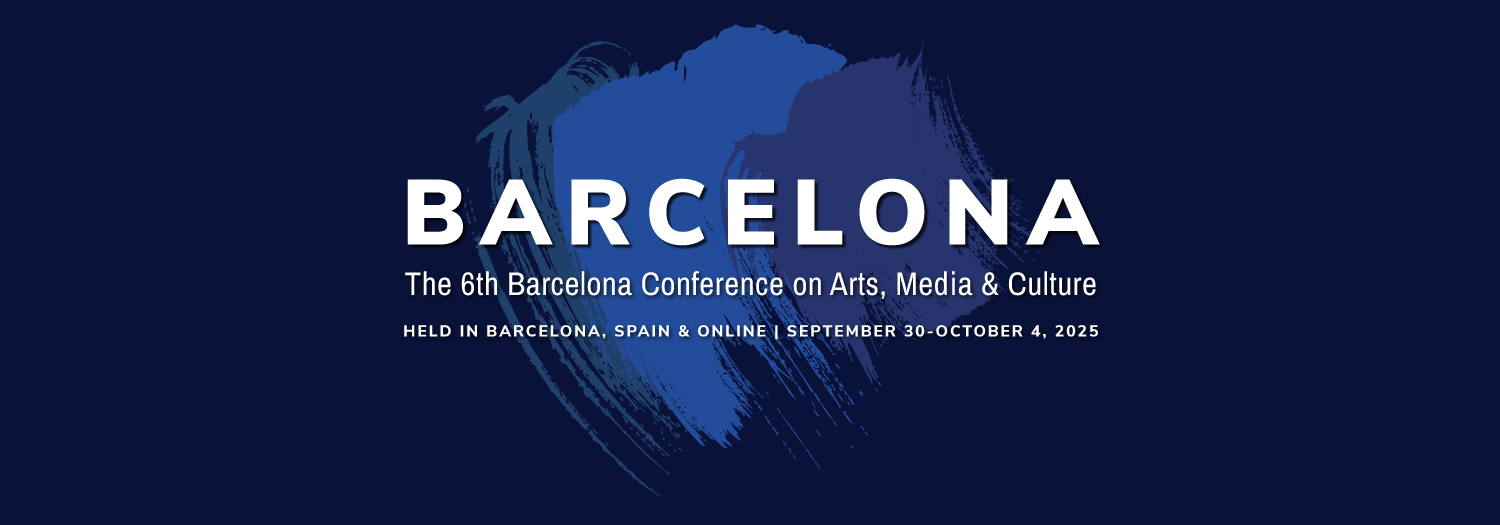Presentation Schedule
Why Hallyu, Not Kollywood? Structural Dynamics and Identity Formation Through State-Led Representation in South Korea (96335)
Session Chair: Tibor M. Pinter
Thursday, 2 October 2025 13:25
Session: Session 1
Room: (B1) Gòtic
Presentation Type:Oral Presentation
Korea's 2024 Global Hallyu Survey found that K-pop ranked as Korea's top image for seven years. While many global cultural industries like Bollywood derive their names from Hollywood and are genre-based, Korean popular culture evolved under a self-defined term, Hallyu. Though "K-pop" follows global naming patterns, the broader term Hallyu emerged as a state-led construct to symbolize national identity. This label symbolizes the Korean state beyond entertainment. Despite widespread global recognition, this phenomenon raises a key cultural question. Why did Korea promote its culture under a sovereign term like Hallyu rather than hybrid labels like Kollywood, and how this naming shaped national identity? Through a qualitative case study, it applies Wendy Griswold's Cultural Diamond framework to examine cultural objects (K-pop, K-drama), producers (entertainment agencies, state institutions), the social world (Korea's policy environment), and receivers (global audiences and diaspora communities). Stuart Hall's Representation Theory further explores how Hallyu operates as a strategy for constructing national identity on the global stage. Initiatives like the Ministry of Culture's K-Content strategies, Hallyu-focused diplomacy, and UNESCO-backed K-pop campaigns show how Korea shaped its image through cultural exports. Hallyu emerges not simply as entertainment but as a strategic convergence of culture and national identity, legitimized through policy and global media. By analyzing Hallyu through lenses of cultural structure and representational politics, the study shows how a mid-sized state institutionalizes symbolic authority through cultural branding. This contributes to discussions on how strategically mobilized culture is not only a vehicle for global recognition but central to state identity.
Authors:
Seri Yoon, Waseda University, Japan
About the Presenter(s)
Seri Yoon is Master’s student at Waseda University focusing on economic growth and higher education under macroeconomics and education professors, exploring sustainable development and fostering economic resilience through higher education policies.
Connect on Linkedin
https://www.linkedin.com/in/seri-y-711ab5333
See this presentation on the full schedule – Thursday Schedule





Comments
Powered by WP LinkPress